
Make talent quality your leading analytic with skills-based hiring solution.

A screening interview is an initial, brief job interview conducted to assess whether a candidate is qualified for a particular role. This step is crucial in the hiring process, allowing employers to narrow down a large pool of applicants to the most promising candidates who will proceed to the next stages of the interview process. Screening interviews can be conducted over the phone, via video chat, or in person, and they typically involve a review of the candidate’s resume and qualifications, as well as a few targeted questions.
A screening interview serves as a preliminary assessment to determine if a candidate meets the basic qualifications required for a job. This type of interview focuses on the candidate’s employment history, education, skills, and basic suitability for the role. It’s designed to filter out unqualified candidates early, saving time and resources for both the employer and the candidate. Screening interviews are usually shorter than formal interviews and are often conducted by recruiters or HR professionals.
Screening interviews play a pivotal role in the hiring process. They help in making the recruitment process more efficient by quickly identifying candidates who do not meet the minimum qualifications. This step is essential in managing large volumes of applications, especially for popular roles that attract numerous candidates. By conducting screening interviews, employers can ensure that they invest time and resources in candidates who have a genuine potential to succeed in the role.
Efficiency in the Hiring Process:
Cost Savings:
Improved Candidate Quality:
Better Use of Resources:
Enhanced Candidate Experience:
Clarification of Role and Expectations:
Initial Impression:
Feedback and Guidance:
Efficient Use of Time:
Preparation for Future Stages:
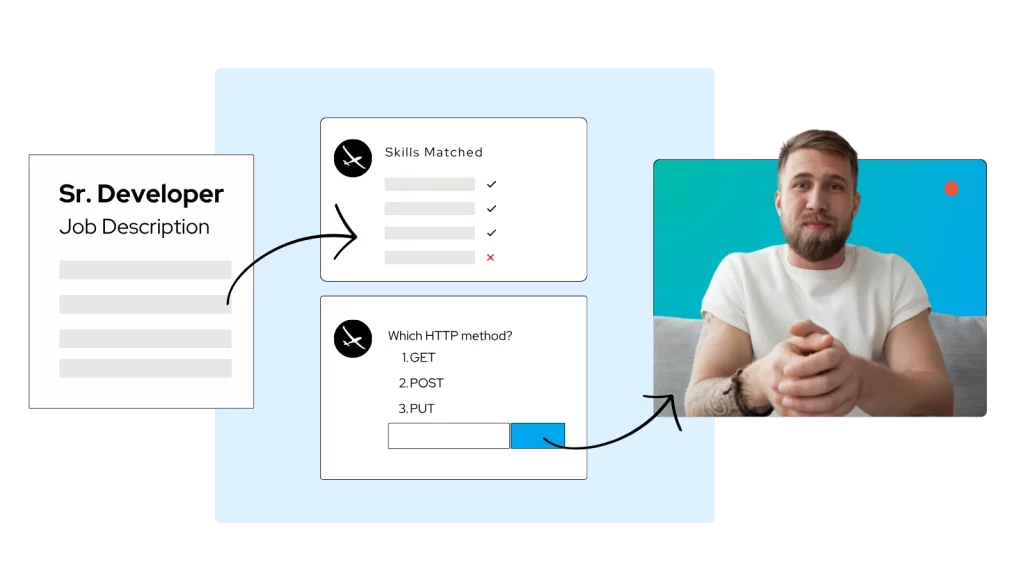
To maximize the benefits of screening interviews, it’s important for employers to conduct them effectively. Here are some best practices:
Prepare Thoroughly:
Ask Relevant Questions:
Be Consistent:
Take Detailed Notes:
Communicate Clearly:
Provide Feedback:
Screening interviews typically include questions that assess the candidate’s basic qualifications and fit for the role. Here are some common questions:
Can you tell me a little about yourself?
Why are you interested in this position?
What relevant experience do you have for this role?
What are your salary expectations?
When can you start?
Do you have any questions for us?
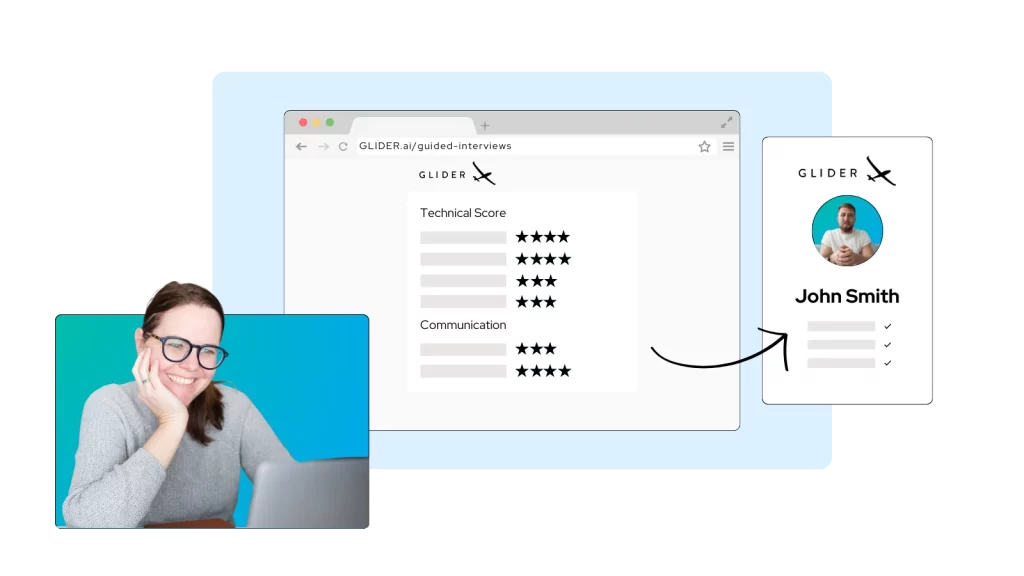
Advancements in technology have significantly enhanced the efficiency and effectiveness of screening interviews. Tools can automate many aspects of the screening process, providing several benefits:
Automated Screening:
Video Interviews:
Data-Driven Decisions:
Enhanced Candidate Experience:
Screening interviews are a vital component of the hiring process, benefiting both employers and candidates. For employers, they offer a way to efficiently and effectively narrow down the candidate pool, saving time and resources while improving the quality of hires. For recruiters, advanced screening tools streamline the creation, evaluation, and presentation of candidates, making the recruitment process more efficient and data-driven. For candidates, screening interviews provide an opportunity to learn more about the role, make a positive first impression, and receive valuable feedback.
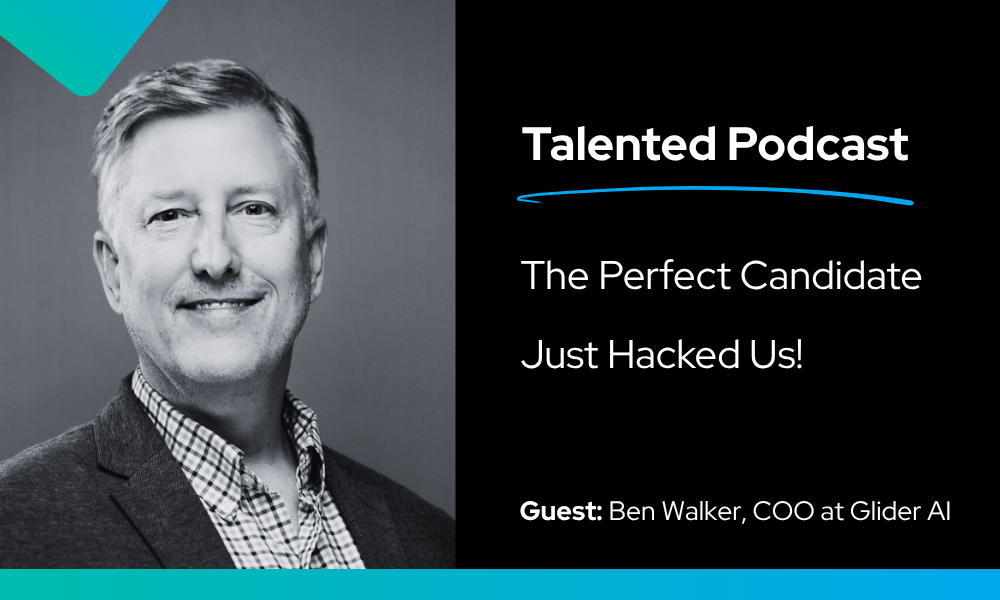
“The Perfect Candidate Just Hacked Us”: Inside the Global Playbook of Hiring Fraud That 100% test score might be your biggest red flag. Enterprise breaches don’t always start with phishing emails; sometimes, they start with a fake job interview. In this episode of Talented, Joseph Cole sits down with COO Ben Walker to unpack one […]
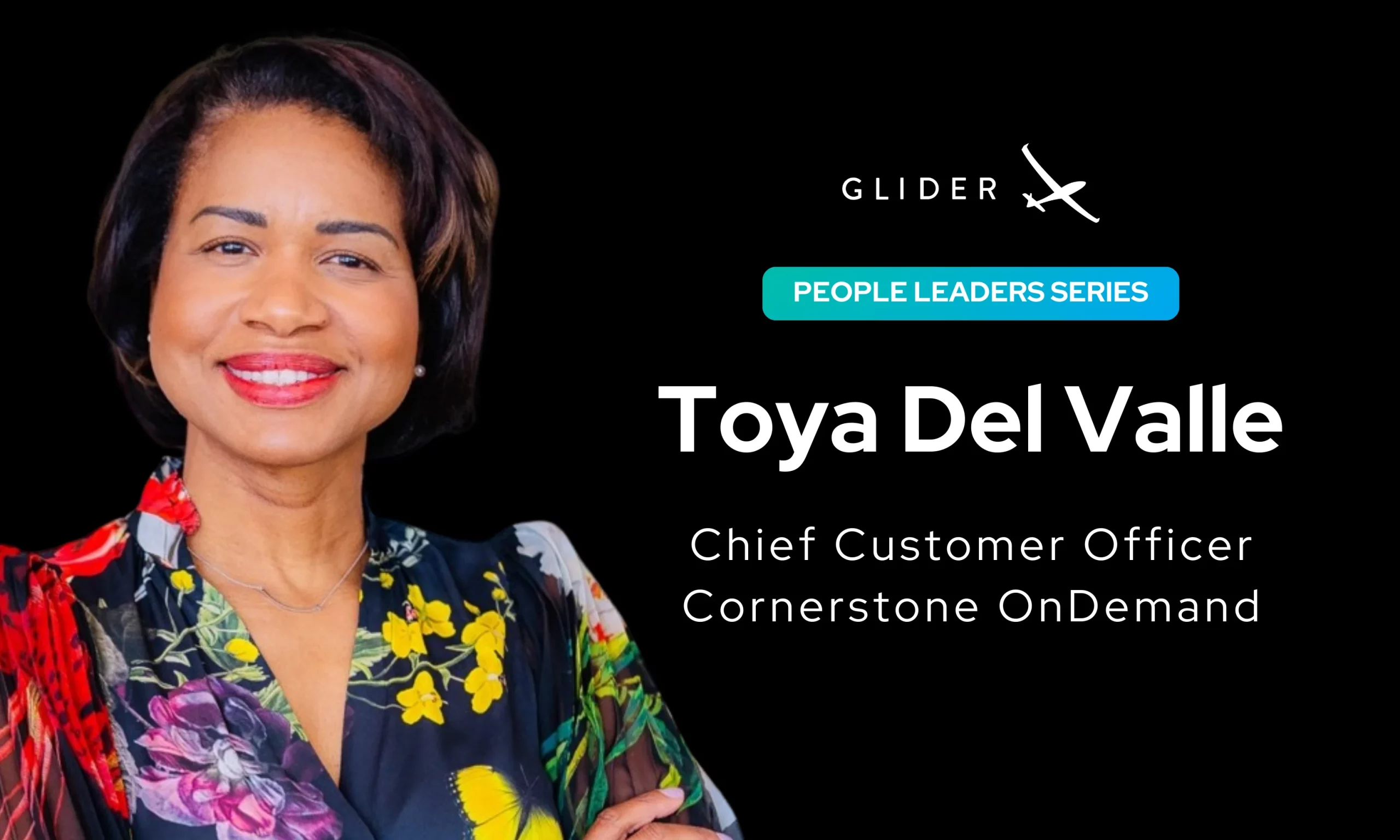
Can HR Stop Playing Buzzword Bingo with Skills and AI? If you’re an HR or TA practitioner or work in HR Tech in any capacity, AI and Skills-Based Hiring is what everyone is talking about. The problem? All the talk is diluting the importance of two very interrelated topics. Glider AI sponsored the Transformation Realness […]
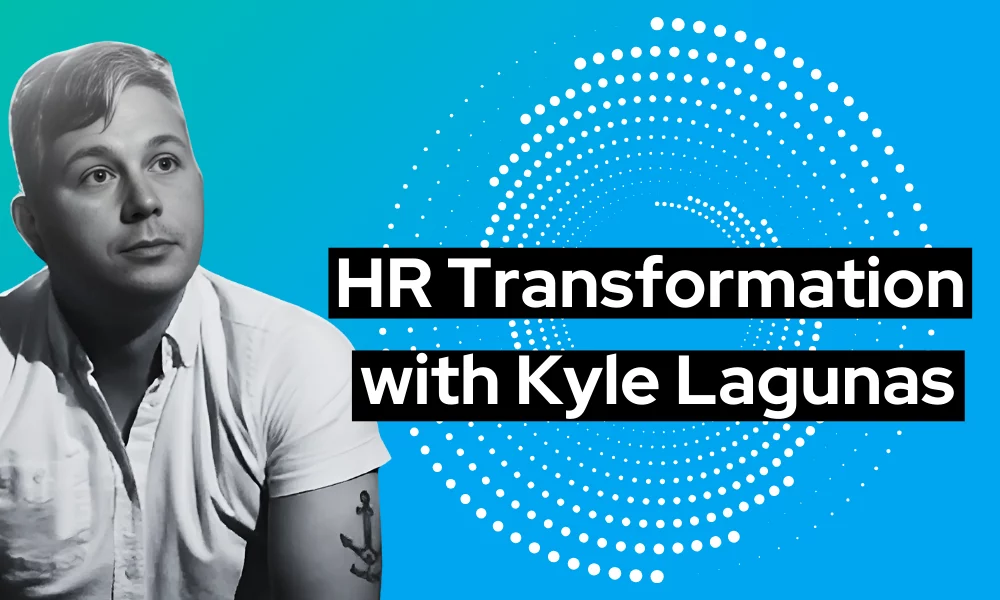
Q&A with HR/TA Analyst Kyle Lagunas The traditional playbook that was HR is being rewritten. AI is reshaping work, skills-based strategies are transforming hiring, and HR teams are under pressure to deliver more with less. HR isn’t just about managing people anymore—it’s about engineering the future of work. In this Q&A session, Kyle Lagunas and Joseph […]